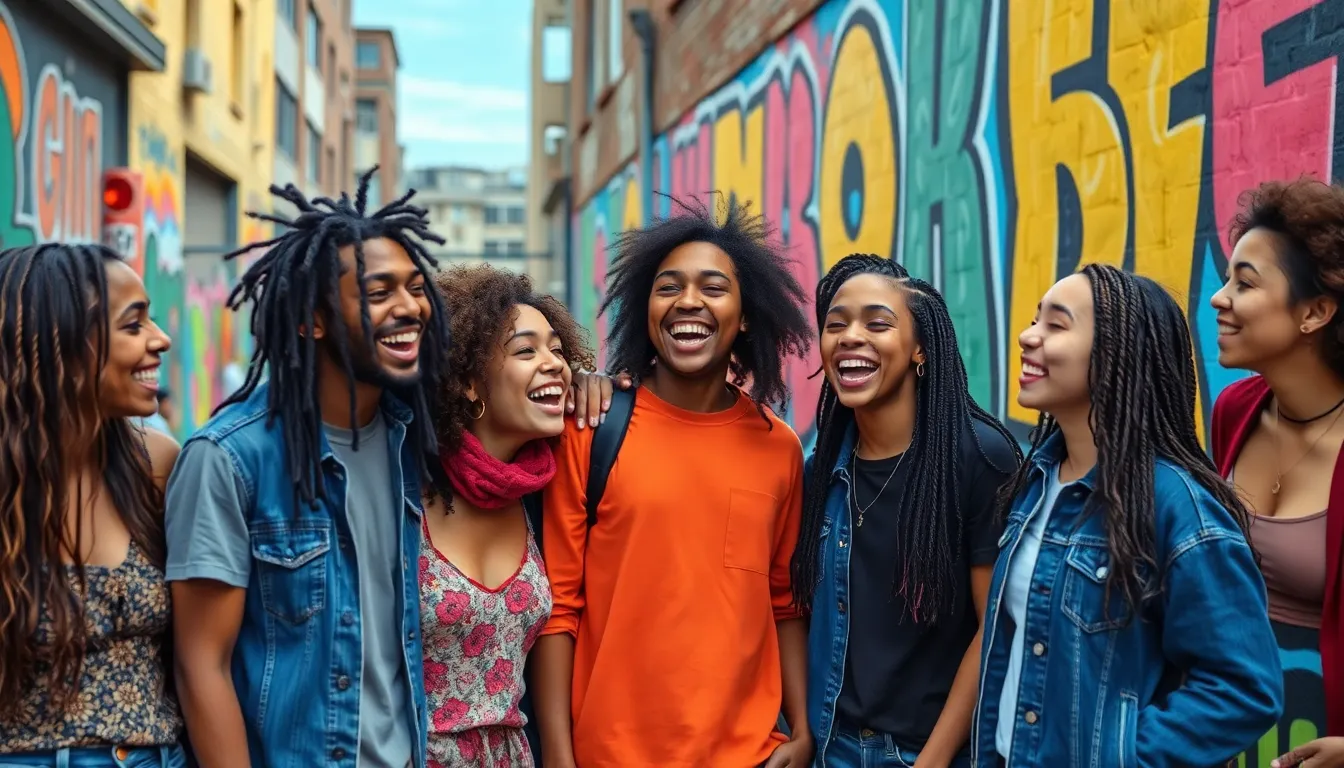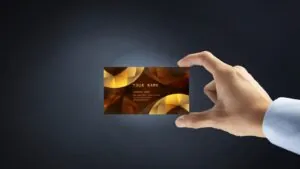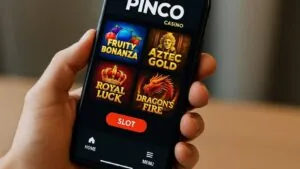In a world filled with quirky terms and slang, “zeebo” stands out like a neon sign in a dimly lit alley. But what does it actually mean? Is it a secret code among hipsters or a playful expression that’s taken the internet by storm? This enigmatic word has sparked curiosity and confusion alike, making it a hot topic for linguists and meme lovers.
Overview of Zeebo Meaning
The term “zeebo” has emerged as a fascinating element in contemporary slang, captivating the attention of various audiences. This word’s charm lies in its playful nature and potential secret meanings embedded in specific social circles.
Origin of the Term
Originating in the early 2000s, “zeebo” gained traction primarily in online communities. Some attribute it to meme culture, where players and viewers began using it in gaming contexts. Others suggest that it reflects influences from regional dialects and urban vernaculars, showcasing how language evolves. The term evolved from casual conversations to a recognizable symbol in niche groups seeking to establish identity.
Usage in Different Contexts
Usage of “zeebo” varies significantly across contexts. Among gamers, it often serves as a lighthearted jab or banter during competitive play. In social media, enthusiasts might use it to convey humor or irony in posts. Certain subcultures, particularly hipsters, integrate “zeebo” into their dialogue to create a sense of exclusivity. As the word becomes more widespread, its meaning continues to expand, reflecting broader trends in communication.
Cultural Significance of Zeebo

Zeebo embodies a playful language trend, reflecting diverse social dynamics within contemporary slang.
Popular References
Numerous memes feature “zeebo,” showcasing its humorous and often absurd nature. Influencers on platforms like TikTok and Twitter frequently use the term, creating a shared language among followers. Various YouTube channels have highlighted zeebo in their content, generating further engagement from audiences. Young creators often incorporate the term into skits or challenges, promoting its spread. The more zeebo appears in popular culture, the greater its appeal becomes.
Influence in Media and Literature
In media, zeebo symbolizes a blend of humor and irony, capturing attention in various formats. This term pops up in online articles and blogs, emphasizing its place in modern vernacular. Literature, especially works aimed at younger audiences, occasionally adopts zeebo, illustrating its reach beyond informal communication. By incorporating zeebo, writers connect with readers familiar with contemporary slang. The term’s adaptability allows it to persist in evolving narratives and dialogues.
Zeebo in Slang and Informal Language
“Zeebo” reflects a playful and evolving term within contemporary slang. It takes on different meanings across social circles, showcasing the dynamic nature of language.
Variations in Meaning
Meaning often varies among users. For some, “zeebo” signifies a humorous remark or a light-hearted jab during gaming sessions. Others interpret it as a quirky expression among hipsters, fostering an exclusive vibe. In specific online communities, it may also represent absurdity or randomness, emphasizing the playful intent behind its usage. Linguists observe these shifts in meaning, noting how the term thrives on its adaptability to cultural contexts.
Examples of Use
“Zeebo” crops up frequently in online discussions. Gamers might say, “You just got zeebo’d!” when playfully mocking an opponent. On social media, users often caption ironic memes with phrases like, “This is so zeebo,” highlighting humorous content. TikTok influencers creatively incorporate “zeebo” in skits, engaging their audience through shared references. Among friends, one might declare, “Let’s do something zeebo today,” indicating spontaneity in plans. These varied contexts demonstrate the term’s versatility and its ability to resonate with different audiences.
Related Terms and Concepts
The term “zeebo” connects with various contemporary slang expressions, revealing nuances in modern communication.
Similar Slang Terms
“Zebra” represents a playful, ironic expression within online communities. “Zaniness” often describes absurd or silly behavior among friends. “Zoon” carries connotations of excitement or energy in specific gaming contexts. Memes frequently feature these terms alongside “zeebo,” showcasing their humorous and engaging nature. Collectively, these slang terms highlight a trend in playful language that resonates with various audiences.
Linguistic Analysis
The term “zeebo” illustrates unique linguistic features in contemporary slang. It embodies playfulness, often used in informal settings, suggesting humor and irony. Phonetic characteristics contribute to its appeal, with a catchy and rhythmic sound pattern. The term frequently adapts to context, shifting meaning based on user intent. “Zeebo” embodies an evolving lexicon that reflects social dynamics and cultural shifts in communication. Insights gathered from its usage reveal how language continually transforms within digital spaces.
The term “zeebo” stands as a fascinating example of modern slang that captures the playful spirit of contemporary language. Its versatility across different contexts showcases how language evolves within social groups and online communities. As “zeebo” continues to gain traction, its meanings will likely expand and adapt, reflecting the ever-changing dynamics of communication. This word not only highlights the creativity of its users but also emphasizes the importance of cultural influences in shaping modern vernacular. Whether used in gaming or social media, “zeebo” is a testament to the fun and absurdity that language can embody.





